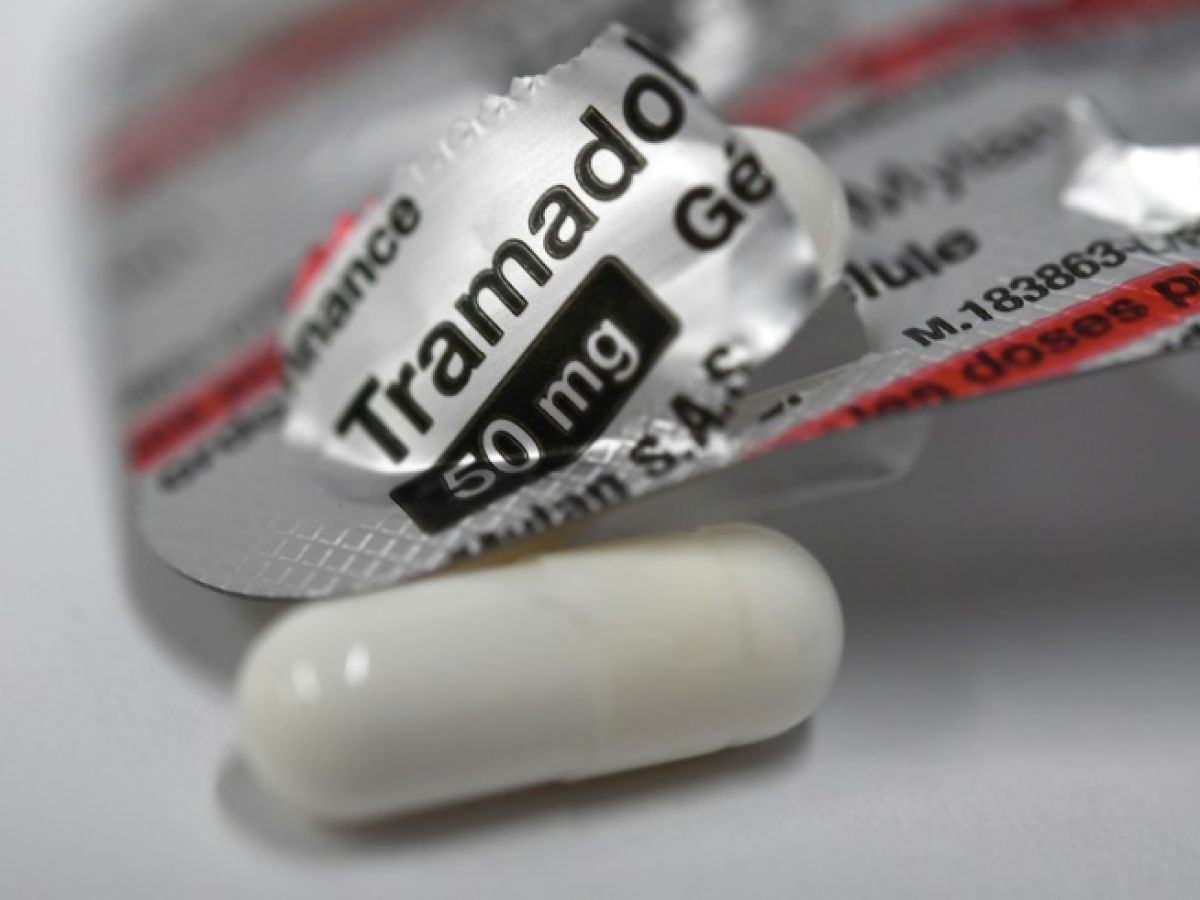Coffee drinkers harbor bacteria in their intestinal microbiota that also particularly enjoy the beverage, reveals a large epidemiological study conducted by an Italian-American team. For the first time, a bacterial species is associated with a very specific food consumed by a large part of humanity.
The researchers compared the gut microbiota of 22,000 people from 43 countries by sequencing bacterial DNA from their feces. Of the 115 bacterial species that increased in numbers with regular coffee consumption, the bacteria Lawsonibacter asaccharolyticus stood out by being up to eight times more abundant in coffee drinkers, regardless of age, gender or health status. This bacteria, recently identified in the human colon, was common in populations with a Western lifestyle but remained rare in children and monkeys.
High coffee consumption does not appear to be harmful to the microbiota
Its presence, indicates the study published in the scientific journal Nature Microbiology, was associated with that in the blood of degradation products of chlorogenic acids, polyphenols present in abundance in coffee. These substances can in turn promote the proliferation of other types of beneficial bacteria in the intestinal microbiota. A very high consumption of coffee However, it did not cause more changes in bacterial populations than moderate consumption and therefore does not appear to be harmful to the balance of the intestinal microbiota.
Read alsoWhat are the health effects of coffee?
Does coffee owe its beneficial properties to this bacteria?
In vitro, the growth of the bacteria was the only one stimulated by coffee, whether it was with or without caffeine, the psychoactive alkaloid in coffee. The researchers point out that many bacterial species in the human gut microbiota respond to coffee but remain to be identified because they are difficult to culture and die in the presence of oxygen. Future research will determine whether it is these, with L. asaccharolyticus, which coffee owes its beneficial properties for the body.


